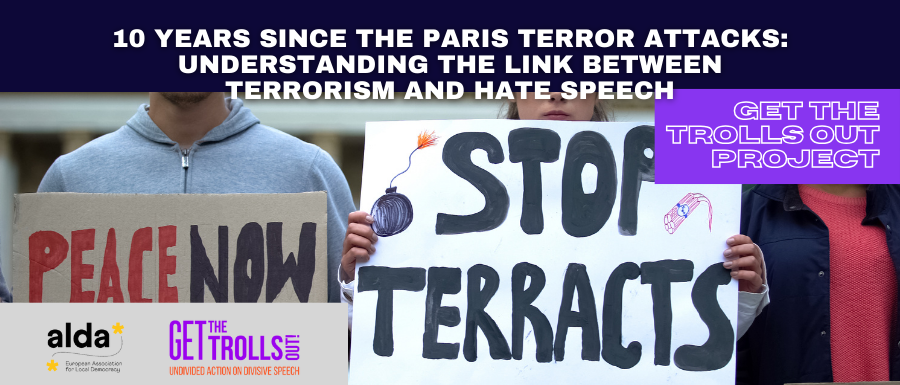The 10th anniversary of the Paris terror attacks on January 7, 2015, provides a somber moment to reflect on the multifaceted challenges posed by terrorism and its intersections with religious-based hate speech. While it is crucial to remember the victims and honor their memory, this milestone also offers an opportunity to deepen our understanding of the complex relationship between acts of terror and the proliferation of hate-driven narratives targeting specific religious groups.
How terrorist groups exploit religion for violence
One of the enduring tactics of terrorist organisations is the exploitation of religious beliefs to justify violence and recruit adherents. These groups often propagate a distorted and erroneous interpretation of religion to legitimise their actions. This deliberate manipulation serves several purposes: they incite fear and hatred by designing narratives to create division and amplify hostility between communities. By framing their acts as religious missions, they polarise societies and deepen societal rifts. They target vulnerable individuals, particularly youth who feel alienated, to exploit grievances and swell their ranks. Furthermore, they foster ideological unity to secure resources and financial backing. These tactics not only propagate violence but also undermine global efforts to foster unity and peace.
The aftermath of terrorism extends far beyond the immediate physical devastation. It disrupts the fabric of interreligious relations by eroding trust and heightening mistrust between communities, fueled by fear and misinformation. Minority religious groups often face unwarranted blame, leading to widespread prejudice and stigmatisation. Simplistic narratives equating entire religions with terrorism lead to spikes in hate speech, further marginalising vulnerable communities and deepening divisions, hindering societal cohesion and inclusive dialogue.
Unpacking the root causes of terrorism
While hate speech is a visible element, the drivers of terrorism are often more nuanced. Political grievances, including unresolved historical injustices, play a significant role. Socioeconomic inequalities, such as poverty and lack of opportunity, create fertile ground for radical ideologies. Geopolitical power struggles over strategic areas often fuel conflict, while the pursuit of material gains, power, and resources underlies many acts of violence. Acknowledging these factors is crucial to developing effective solutions.
Strategies to counter terrorism and hate speech
Combating the intersection of terrorism and hate speech requires a comprehensive approach. It begins with unequivocal condemnation of all acts of terror and the eradication of hate speech through monitoring and countering harmful narratives both online and offline. Upholding human rights by protecting marginalised communities from discrimination and violence is essential. Encouraging interfaith dialogue builds bridges between communities through shared understanding, and promoting education equips individuals with critical thinking tools to resist radicalisation.
Looking forward: lessons from the Paris attacks
The Paris terror attacks remain a stark reminder of the work needed to dismantle the link between terrorism and hate speech. As we commemorate this somber anniversary, our collective goal must be fostering an inclusive and harmonious global community. Through vigilance, education, and dialogue, we can honor the victims and move closer to a world free from fear and hate.
